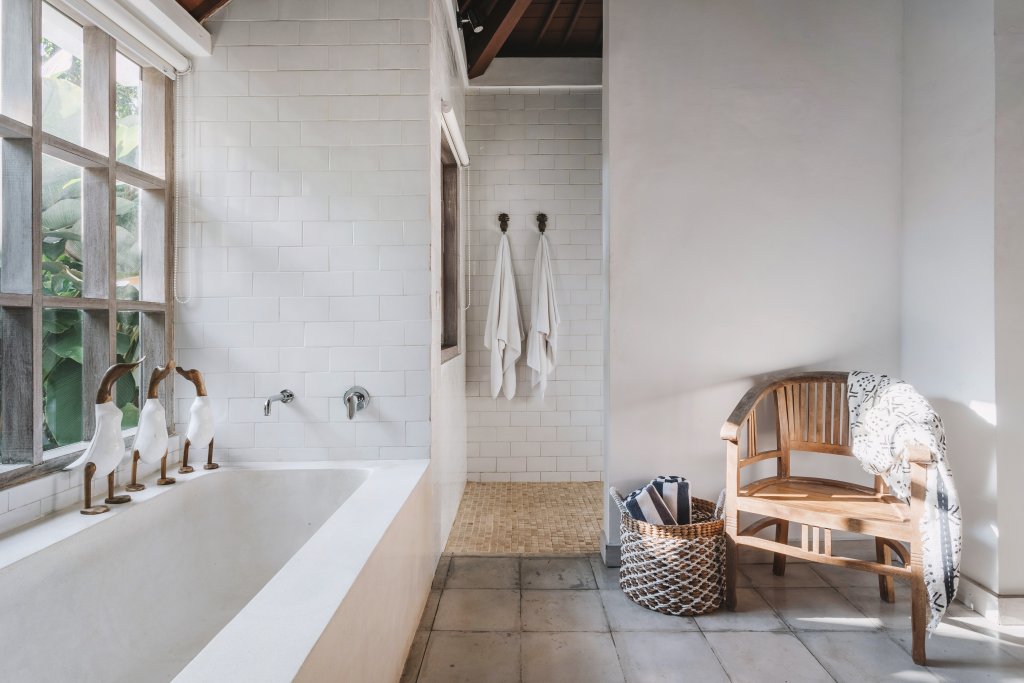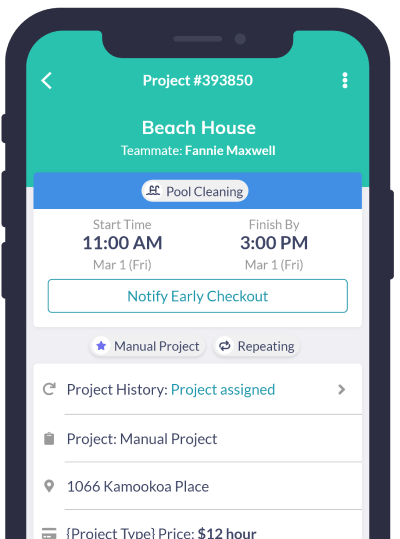Understanding Vacation Rental Online Travel Agencies
In the vacation rental industry, a channel — also called an online travel agency, or OTA — is a place where consumers can find accommodation, and providers can provide a supply of accommodation. They operate as marketplaces just like Uber or Amazon do.
Most of the top vacation rental channels, like Airbnb and Vrbo, are two-sided marketplaces. No marketplace can exist without inventory to be sold, however.
This is where you come in. You have the most valuable asset for an OTA in your hands: the property you are renting out.
In addition to inventory, OTAs also need a stream of visitors. They can increase their number of website visitors by optimizing their marketing. Similarly, they can improve their inventory by attracting hosts or property owners such as yourself.
The key driver for success, however, is conversion. How many of those expensive visitors will end up actually booking a place and paying a commission to the OTA? This is where Airbnb, Vrbo, and Booking.com have excelled.
Keep in mind that the main objective of an OTA isn’t to rent out your place — it’s to increase their conversion rate, which makes their advertising dollar more competitive. You can benefit from their efforts by making sure your property has a better price, a better description and pictures, better reviews, and, ultimately, a better conversion rate than competitors.

Which Channels Are Important for Vacation Rentals?
Many hosts start by listing their homes on either Vrbo or Airbnb. Over time, and given enough effort, many other channels are able to generate better results, on better terms, and with less effort. However, just like Uber and Amazon have a huge market share, these household names will continue to stay strong.
Airbnb
In many markets, especially urban, Airbnb is a very strong player. It’s worth noting that just as Airbnb is strong in some segments, it’s weak in others. For example, business travelers searching for accommodation for shorter stays in major cities will find much bigger selections and benefit from loyalty programs that include hotels.
Marketing on Airbnb is strongly driven by reviews, and their Superhost program is mostly based on reviews. In some segments, Airbnb offers more visibility in exchange for exclusivity or other tradeoffs. For example, Airbnb Luxe is great in the luxury segment.
Vrbo
Vrbo is the umbrella term for a long series of mergers and acquisitions that culminated in Expedia acquiring the merged Vrbo and HomeAway. Vrbo is incredibly strong in vacation and rural destinations, especially in the family vacation segment.
Marketing on Vrbo is very performance-driven, and they give preference to those who pay them more. On Vrbo, you should aim for a positive feedback loop: get bookings, pay commissions, get more bookings, pay more commissions.
The top performers on Vrbo often outperform top performers on Airbnb.
Expedia
Expedia is great for hotels and aparthotels, as they have one of the widest distribution networks in the world. However, you cannot simply list vacation homes on Expedia — you will be redirected to Vrbo for those.
If you manage aparthotels, especially more than 20 of them, you’ll want to reach out to your local Expedia office.
Booking.com
Booking.com is strong in some markets in Europe and is a behemoth in the world of business travel.
It offers the traveler a lot of benefits with a choice of cancellation policies and room rates. For the host, Booking.com is able to differentiate between refundable and non-refundable rates and has a lot of flexibility when it comes to its rate strategies.
Homes and Villas by Marriott
A latecomer, Marriott offers unique properties for unique travelers. They select each property manually, so they have a curated selection for their customers. Their Marriott Bonvoy program can be used to pay for trips, although hosts are paid in dollars.
The type of clientele that would have points on Marriott Bonvoy is quite exclusive, which usually results in high-quality guests.
Google Travel
Google Travel isn’t an OTA but rather a marketing tool, just like AdWords is. When combined with an effective booking engine, it can be powerful if the properties are in a market that consumers search for.
Other Channels
It’s worth mentioning that for certain properties, locations, and types of guests, there are channels that will perform better than these listed above. However, be conscious of your time.
If a site for traveling health care professionals offers good bookings for others, don’t list there unless you actually have properties near a hospital. Pet-friendly sites are great, but you should ensure you want to allow pets before listing there.

3 Tips and Tricks for Vacation Rental Channel Distribution
Now that you know some of the top short-term rental channels, learn top recommendations when it comes to listing your property on an OTA.
1. Don’t List on Every OTA
Each OTA has a slightly different target market for your area, and the same marketing approach simply won’t work for each one. Instead, take one channel or OTA at a time. Each of them requires a specific marketing message, plus you need to collect reviews and look up the images compared to the competition.
Do not list your properties on every site in hopes of bookings. You’re better off focusing your efforts and getting really good on a few big ones before expanding.
2. Consistently Check Your Rankings
Your competition is changing all the time. So are their rates, photos, and descriptions. To see how you stack up, regularly check search engines (like Google) for your OTA listing or your own website.
You’ll be able to see how travelers can find you and which sites come up for various terms. Check the traffic and conversion, and work to improve. We suggest using “incognito mode” for this — and be sure to check both the paid ads and organic results.
Also, search the big OTAs, like Airbnb and Vrbo, and see if you are at the top. If you’re not, try to figure out why. If you see trends, adjust your marketing to ensure you won’t be left behind.
Keep in mind that the demand for a given OTA also changes. If they don’t advertise in your area today, they might be the top advertiser tomorrow.
3. Know What You Sign Up For
Review the terms of each site and compare them with your own business model. Many property managers sign agreements with their owners that force them to operate in certain ways. This can be very costly, as some ways of dealing with guests may not be allowed on a popular OTA.
Therefore, be sure you have a flexible contract with the owners, and take the time to familiarize yourself with the OTAs.







